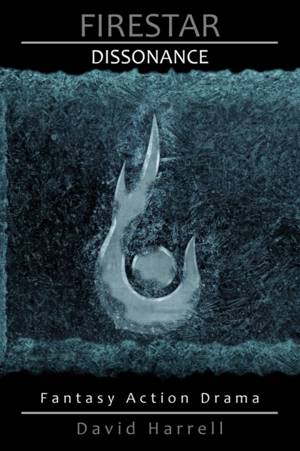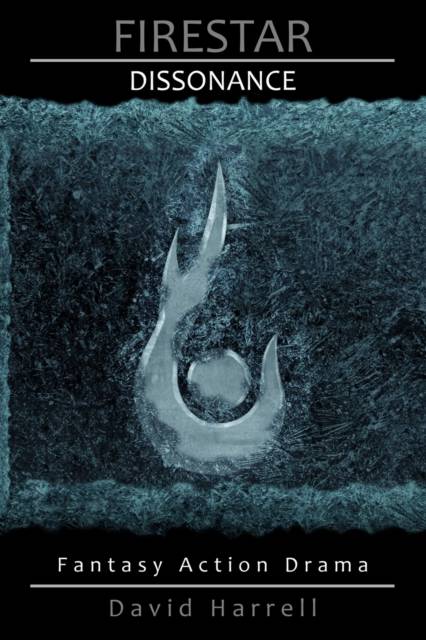
- Retrait gratuit dans votre magasin Club
- 7.000.000 titres dans notre catalogue
- Payer en toute sécurité
- Toujours un magasin près de chez vous
- Retrait gratuit dans votre magasin Club
- 7.000.0000 titres dans notre catalogue
- Payer en toute sécurité
- Toujours un magasin près de chez vous
Description
In the Stony Realm, the worth of a man was measured by the size of his account and his relationship to it. Pius or agnostic, virtuous or vicious, ethical or otherwise, the scales of the economy had but one dichotomy. One was either valuable or worthless. Everyone from the richest merchants and their whispering advisors to the poorest beggars and the vermin they lived with understood this system. They lived under it, bargained from within it, and though many were sacrificed for it, not everyone agreed with it.
The winds of change were blowing, and what was once a pleasant breeze transformed into a raging tempest. Militias grumbled with discontent over the terms of their contracts, and the powers of the realm, still reeling from the drain of the war, squeezed as much as they could from the denizens. The transactional nature of their relationships became a focal point of contention, and then there was news from the north. The Great Destroyer was loose in the world.
Investors placed their bets, and the wealthy built what hedges they could against potential losses. Friends became acquaintances, competitors became adversaries, and the companies they employed remained as tools for their self-centered avarice. The name of the game became survival of the fittest. Such was the state of the realm, but this was a game the Destroyer had no interest in playing. The once great Commonwealth of Associated Interests incurred a debt, and the time had come to collect.
Spécifications
Parties prenantes
- Auteur(s) :
- Editeur:
Contenu
- Nombre de pages :
- 458
- Langue:
- Anglais
- Collection :
- Tome:
- n° 3
Caractéristiques
- EAN:
- 9780983461012
- Date de parution :
- 06-03-13
- Format:
- Livre broché
- Format numérique:
- Trade paperback (VS)
- Dimensions :
- 152 mm x 229 mm
- Poids :
- 666 g

Les avis
Nous publions uniquement les avis qui respectent les conditions requises. Consultez nos conditions pour les avis.






